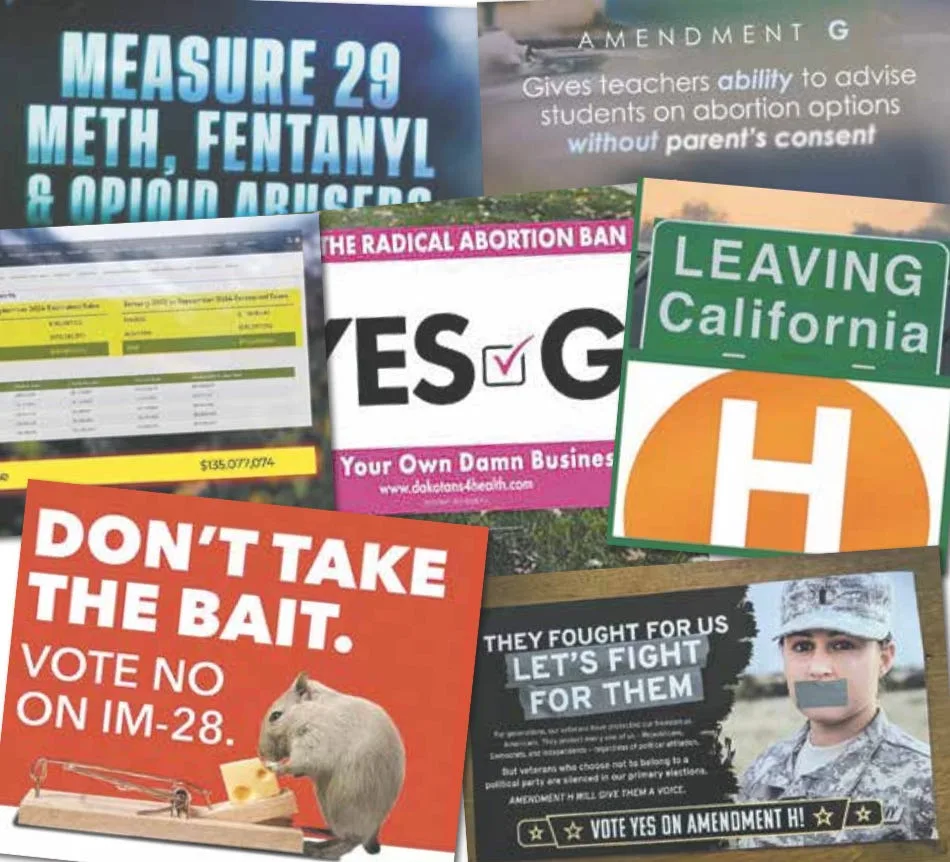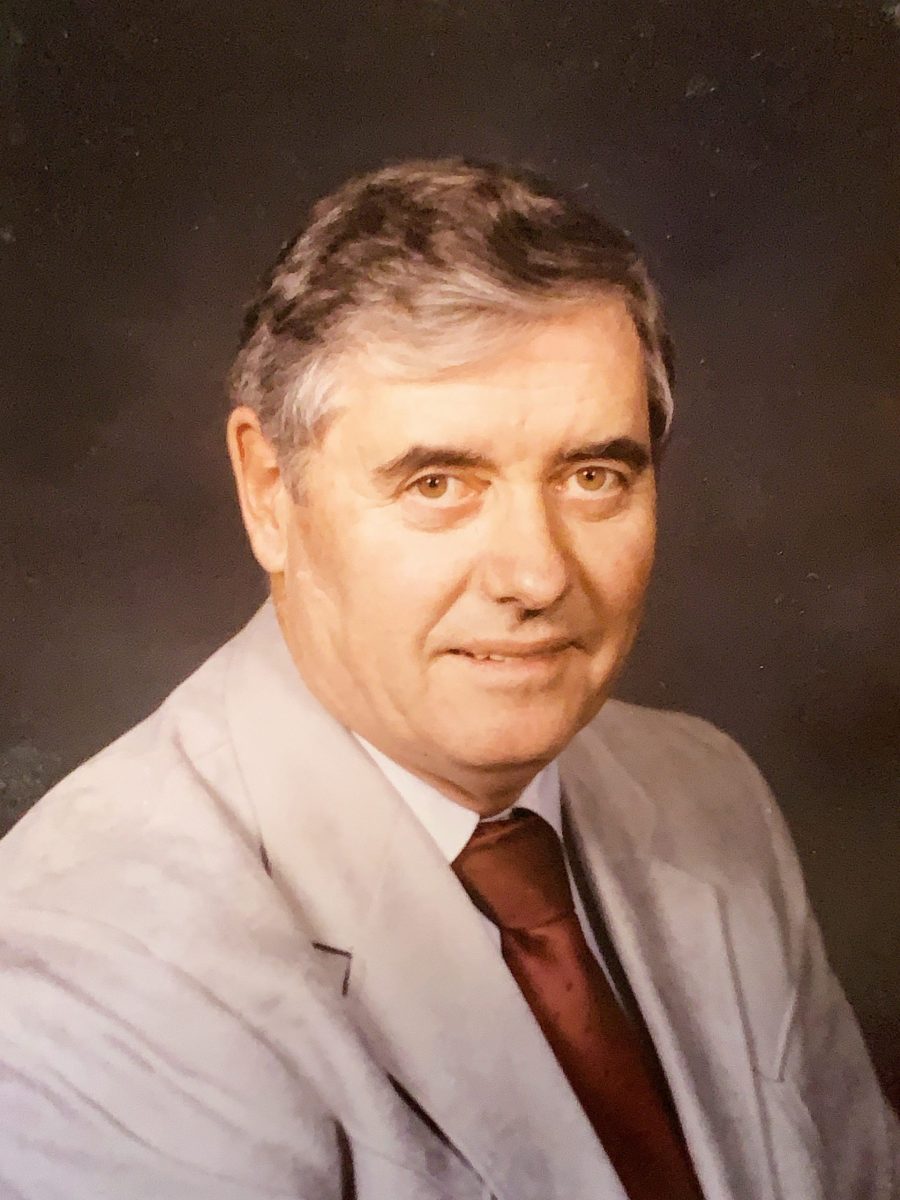Looser rules for ballot question campaigns underly allegations of dishonesty in campaign marketing
PIERRE, S.D. – The finger-pointing between political campaigns accusing one another of misleading or inaccurate advertising has reached critical mass.
But whether or not it’s true that recreational marijuana will turn kids into fentanyl addicts; if legal pot really does promise bags of cash for tax collectors; if the state’s primary elections oppress military members; or if an income tax will follow a food tax repeal — that hasn’t stopped an onslaught of marketing across the digital, television, and radio waves leading up to Election Day.
And with seven initiatives awaiting consideration by South Dakota voters, there’s been no shortage of ballot question committees clamoring about deceptive marketing by the opposition.
“When it comes to initiated measures, it’s a lot more of a wild west,” South Dakota Broadcasters Association President Steve Willard told The Dakota Scout this month, after officials with at least six ballot question committees publicly chastised their opposition for disseminating information they contend is false.
Willard was comparing ballot question campaigning to candidate campaigns, where voting records, personal histories, and backgrounds draw clearer lines about what’s true and what isn’t.
While South Dakotans have grown used to hearing proponents and opponents of Amendment G — a proposal to make abortion legal in South Dakota — accusing one another of spreading misinformation and deceiving the public about their positions and practices, pro- and anti-cannabis crusaders are now also accusing one another of lying to voters. Similarly, proponents of Amendment H, which would create a top-two primary system, have taken heat for a recent advertisement.
In the case of Initiated Measure 29, South Dakotans for Better Marijuana Laws (SDBML) has publicly called on Protecting South Dakota Kids to stop running an advertisement that contends legalizing recreational marijuana will expose children to hard drugs like meth, fentanyl, and opioids.
Meanwhile, opponents of IM 29 say ads being run in favor of the ballot measure that suggest passage will bring millions in tax revenues to the state and local governments are not reflective of the language in the proposal.
Protecting South Dakota Kids co-founder Jim Kinyon defended the ad as truthful, and told The Scout that the group’s advertisements only warn voters that marijuana use is a gateway drug to those other substances.
“I would anticipate that those who are trying to promote drug use and marijuana use would be very defensive and try and deny that young people have access when it’s legalized,” he said. “It creates a very clear and present danger to young people when we’re talking about gateway drugs.
SDBML Director Matt Schweich also defended his organization’s marketing, saying the messaging around IM 29 is accurate. And though he acknowledged the ballot measure does not establish any taxation or regulatory structure around cannabis should IM 29 pass, he said it’s anticipated the Legislature would. Still, he said his organization was mindful of what the measure does when it used the word “could” instead of “would” in its marketing campaign.
“It could unlock new revenue,” he said. “We were careful to word it accurately, and I’m doing that on my end, but they (opponents) don’t give a damn about the truth.”
So aggrieved, Schweich even asked TV stations to review the accuracy of the Protecting South Dakota Kids advertising, which continues to run after the opposition committee responded with a letter citing a news story about fentanyl abuse that made no mention of marijuana.
According to regulations of the Federal Communications Commission, radio and television stations have an obligation not to run overtly false advertising. But with ballot measures and the ability for proponents and opponents to speculate on potential effects, proving intentional dishonesty is a high bar, Willard said, noting that he can’t recall an instance in South Dakota of television or radio stations being forced to pull political advertisements.
“As best they can, (the stations) don’t put out misleading information, but the obligation is really on the advertiser,” he said.












